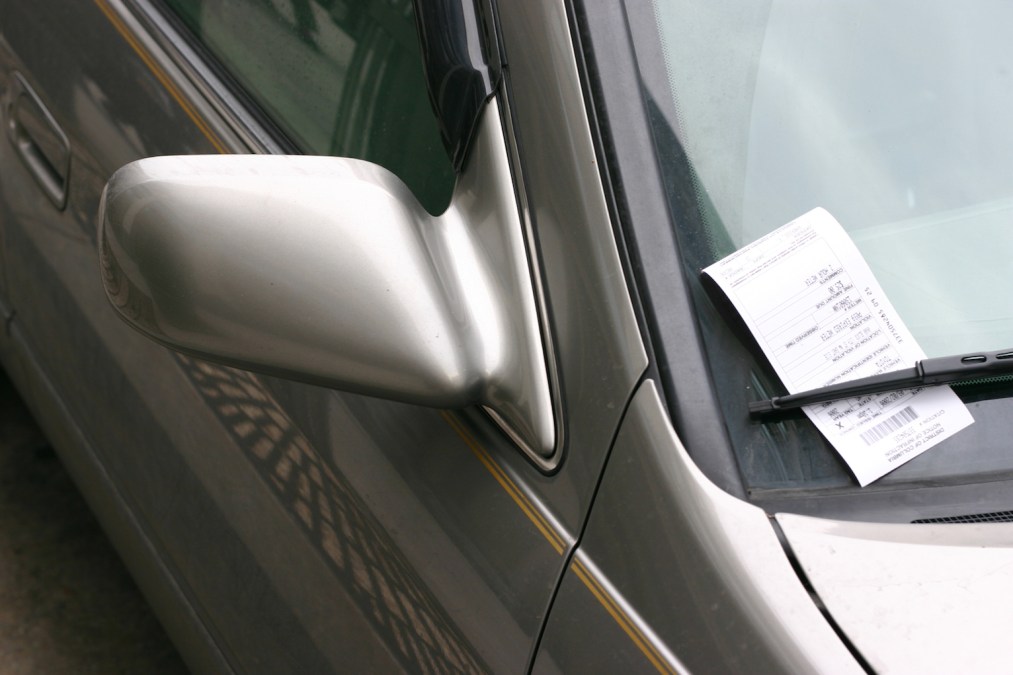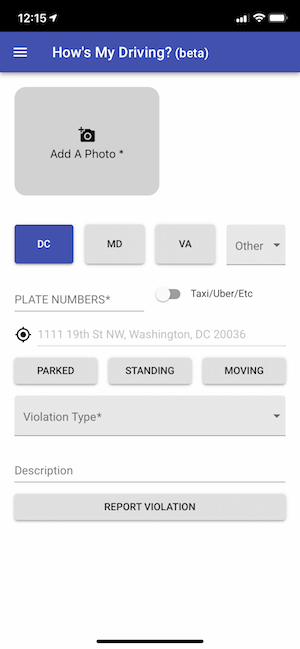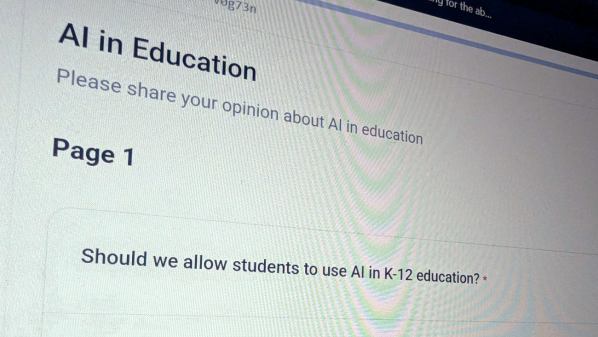A Twitter bot is trying to fix D.C.’s parking problems

A Twitter bot created last year by a Washington, D.C., resident has put a clever and interactive focus on the city’s scourge of unpaid parking and traffic tickets. And the account could soon partner with the D.C. government to shame wayward drivers into paying up.
Software engineer Daniel Schep registered the @HowsMyDrivingDC account last July. Users who want to know if a car has been ticketed tweet a license plate number at the account. Schep’s bot is programmed to search the D.C. Department of Motor Vehicles for any unpaid parking or traffic violations issued to the requested car, take a screenshot of the results and tweet it back at the user who asked.
Now, Schep is a finalist in a city-sponsored competition for apps — called GigabitDCx — that target civic problems. If he wins, he’ll receive part of a $34,000 pot to develop How’s My Driving DC into a standalone mobile app.
Schep launched How’s My Driving DC with inspiration from a similar account created a few months earlier in New York City. The objective of both accounts is the same: to provide a quick lookup service of traffic violations.
“It was very much a hobby and a curiosity,” Schep said. “I’ve built very simple Twitter bots, just dumb things that tweet something regularly, which is much less involved. I wanted to see if I could build something that was a little more involved, and I knew the New York thing existed. I wondered what it would take to build the D.C. version.”
The New York account, created last March, is more robust than Schep’s D.C. adaptation because it offers a complete history of any license plate that’s been ticketed for a parking or moving violation in the city. That’s possible because New York publishes that data, while the D.C. DMV only lists outstanding tickets, limiting Schep’s bot to tickets that are currently unpaid.
The bot makes use of a Google-made developer tool called Puppeteer that directs a Chrome web browser to submit information through the DMV’s web form. It then takes a screenshot of the results and shares it with the user on Twitter.
Schep said he’s been shocked by some of the records the bot has dredged up so far. One vehicle had $10,700 in parking violations, while he said dozens of others carry at least several thousand dollars in speeding and other violations.
“People who seem like they’re bad drivers really are,” Schep said. “There’s a real repeat offender problem in a way. Tickets and so forth don’t change these people’s behavior in any way.”
Despite what some of these figures may suggest, parking fines in D.C. have declined in recent years. The city collected $60.6 million in parking-ticket revenue in 2017, $8 million less than the previous year, according to AAA Mid-Atlantic.
Becoming a real app
Based on the bot’s early success, Schep and his business partner, Mark Sussman, say they want How’s My Driving DC to grow into a standalone mobile app, and will have the funding for mobile licensing and further development if they win a prize in the GigabitDCx competition. They’re already talking to D.C.’s Office of the Chief Technology Officer and the Department of For-Hire Vehicles, which regulates taxis and ride-hailing services like Uber and Lyft, to plan new capabilities they say could make the city’s streets safer.

The beta version of the How’s My Driving DC app. (Daniel Schep)
Schep said his next goal is to add reporting capabilities that allow users to send a photo and location to the city whenever a parking or speeding violation is witnessed.
“It automatically detects DC cabs,” Schep said. “And if you file a complaint and it’s [a ride-hail vehicle] it will automatically lodge a complaint with the Department of For-Hire Vehicles as well.”
He said city officials would follow up on complaints against cars being used for Uber, Lyft or other ride-hailing companies by calling the company in question and asking for the driver’s information. Schep said he would also like to see the app integrated with the city’s 311 service so users can report violations by drivers of municipal fleet vehicles and improve accountability.
“Certainly DFHV is hoping to get more input, because they’re a regulator,” he said.
Schep will present his proposed app to the GigabitDCx judges on Jan. 30. Winners of the competition will be announced Feb. 6.
A previous version of this story erroneously reported that the Department of For-Hire Vehicles received only 100 complaints in 2018. In fact, the figure reported by that office was 1,318 complaints for 2018.






